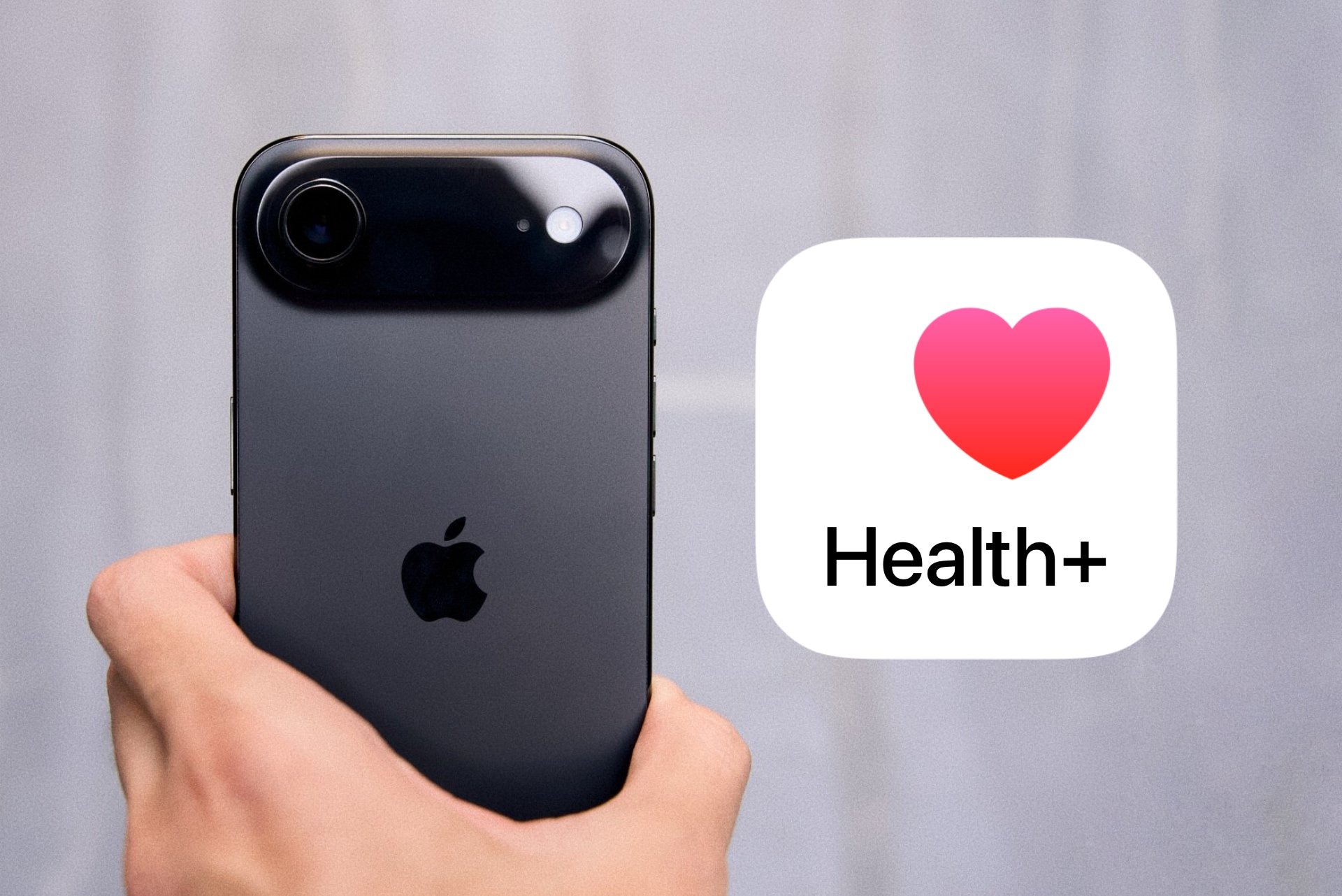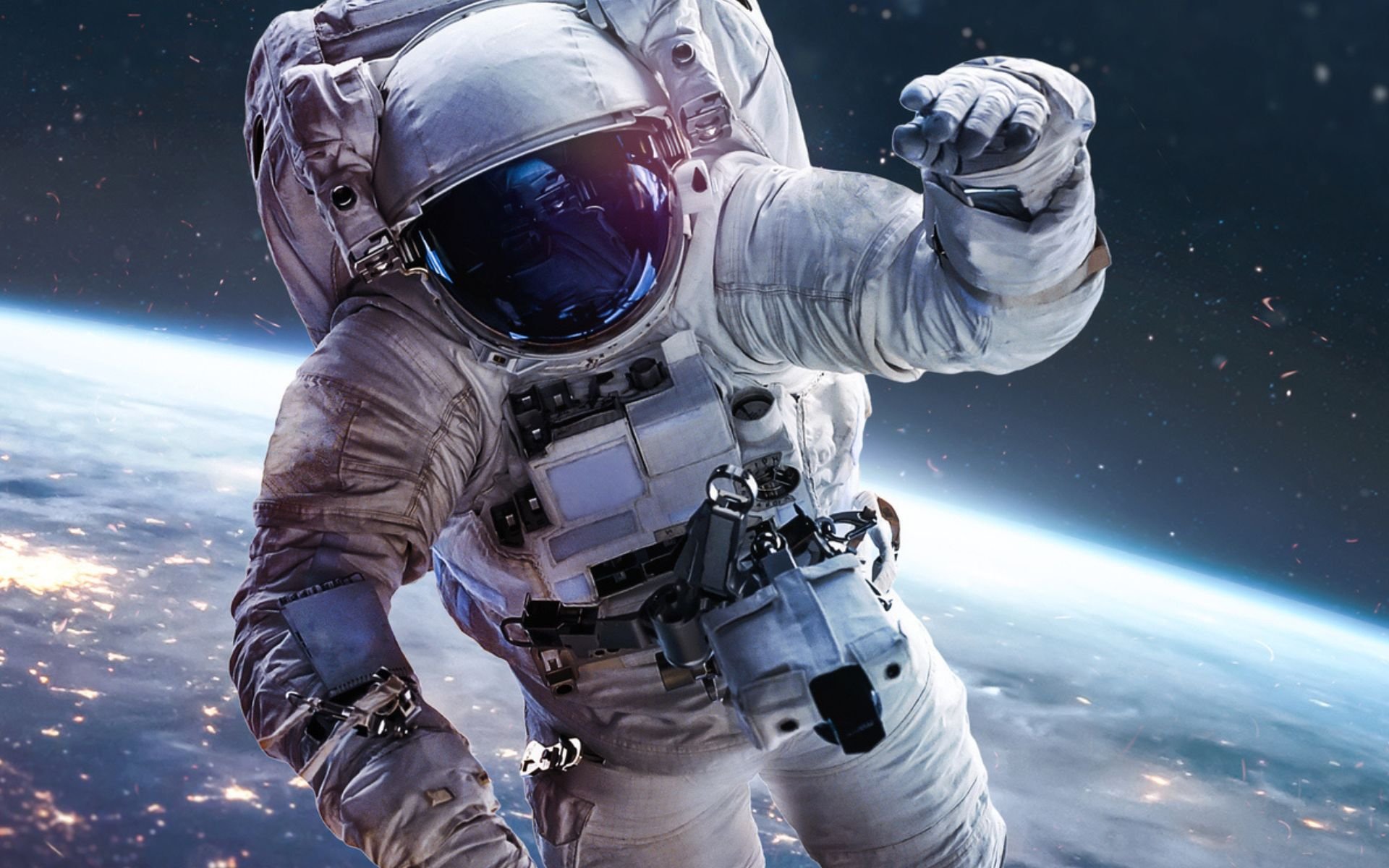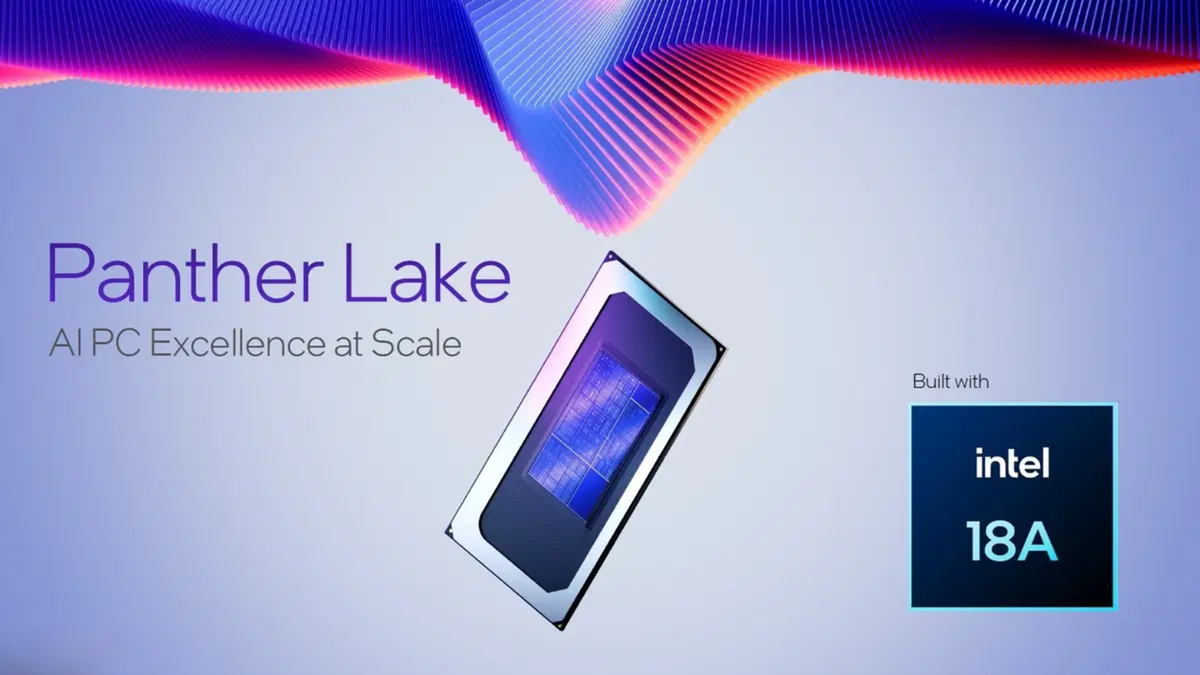Traveling to space may be less appealing than you think! Due to low gravity Various biological mechanisms in our body interfere and cause reactions that can be disturbing..
The effects can last for months after returning to Earth, and readjusting may be difficult. Can you imagine what these effects are and how astronauts deal with them? To recognise main side effects of space travel!
He’s floating in space!
Being an astronaut is not an easy job. Before being selected for space missions, they must undergo intense physical and psychological preparations as well as academic training. There’s a reason for all this preparation, and it ties into the beautiful images we envy when we see them floating or hiking outside the space station.
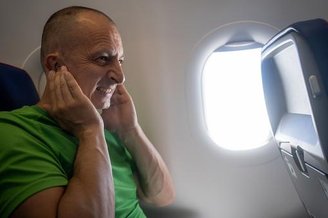
Our bodies were born, grew and developed in an environment of gravity and relatively constant pressure. When we are exposed to environments where these factors are different, our body begins to experience some strange effects.
For example, when you land in Serra do Mar or travel by plane, you feel the difference in pressure in your ears. Have you ever imagined this to the extent of space travel? In space, the effects of gravity are smaller and there is vacuum instead of pressure.. An infallible duo that can create some pretty devastating biological effects if you’re not careful!
The unpleasant side of space travel
Instagrammable photos on the windows of the International Space Station (ISS) may hide a harsh truth. Understand what might dissuade you from becoming an astronaut.
onycholysis
Yes, nails are falling off! If you like your nails to be well-groomed and in good shape, you’d better consider another career. Pressure must be applied to every spacesuit, including gloves. Extra pressure on your hands causes the fingers to move less and the pressure points on the nails decrease, which causes the nails to fall off.
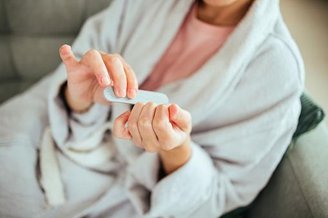
Muscle and bone loss
Life floating in space can cause significant muscle wasting as well as weakening of bones due to calcium reabsorption.
Our muscles stay strong because we want them to constantly support our body. but in microgravity this is less necessary, so they gradually lose their strength through disuse..
The same thing happens with bones. There are studies reporting that the maximum tenure is 6 months. Astronauts may lose 10% of bone mass!
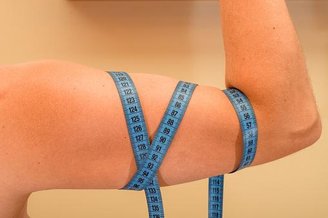
Balance and proprioception disorders
Spinning around in space may not be that fun for your brain. After floating in space for a certain period of time, the systems responsible for our orientation and balance “break down”. Without a true sense of up and down, you may become disoriented when you return to the ground..
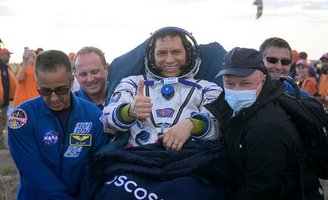
Another common occurrence is when astronauts forget they are not in microgravity and drop objects into the air, hoping they don’t fall. But when we return to Earth, gravity will do its job of shattering the glasses on the ground.
Other minor obstacles
Many astronauts report experiencing flashes of light, sleep deprivation, decreased immunity, excessive trips to the bathroom, decreased sense of taste, among many other problems. Besides, They can remain in isolation for months, creating a high psychological burden.

Although it is the dream job of many people, it also has its unpleasant aspects, but those who do them will definitely overcome them. So can you overcome this challenge?
Do you have questions about the effects of space travel on astronauts’ bodies? Tell us on our social networks and get the opportunity to share the article with your friends!
Source: Tec Mundo
I’m Blaine Morgan, an experienced journalist and writer with over 8 years of experience in the tech industry. My expertise lies in writing about technology news and trends, covering everything from cutting-edge gadgets to emerging software developments. I’ve written for several leading publications including Gadget Onus where I am an author.




